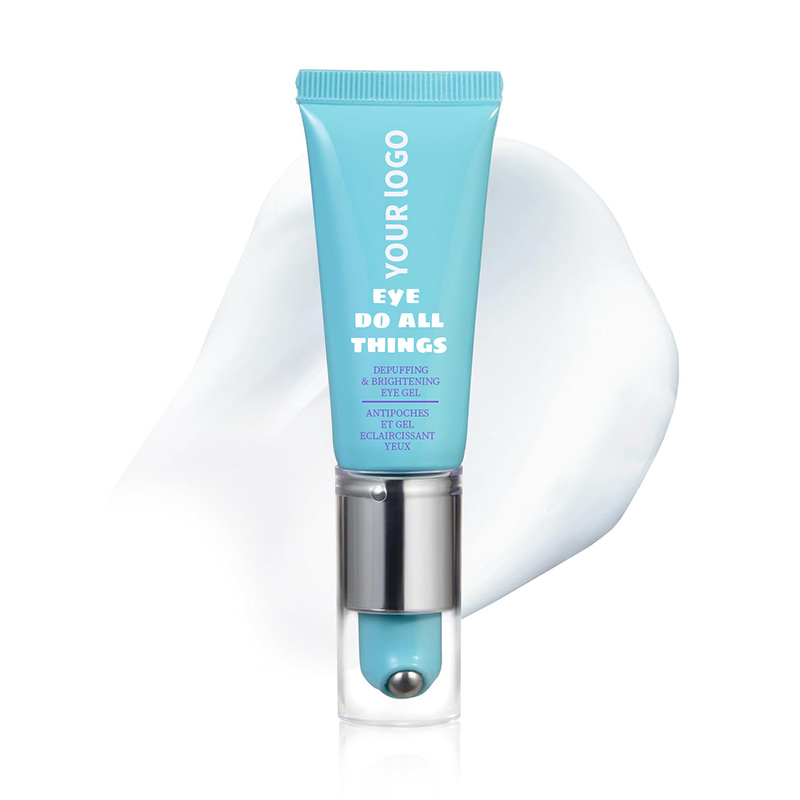First, when choosing a cosmetics OEM manufacturer, you need to understand their qualifications and capabilities. A seasoned OEM manufacturer typically has years of production experience and technical expertise, enabling them to provide customized solutions tailored to customer needs. Furthermore, a sufficient production scale and modern production equipment ensure consistent product quality and improved production efficiency.
Secondly, the manufacturer's brand reputation is also a crucial consideration. Choosing an OEM manufacturer with a good reputation can help avoid quality issues or poor after-sales service. You can assess the manufacturer's credibility and reputation by consulting relevant industry information and consulting with other entrepreneurs about their experiences and reviews.

In addition, when choosing an OEM manufacturer, you should also consider factors such as pricing and lead time. Choosing a manufacturer with reasonable pricing and reasonable lead times can reduce your brand's costs and accelerate product promotion.
In short, when choosing a cosmetics OEM manufacturer, you should comprehensively consider the manufacturer's qualifications, brand reputation, pricing, and lead time, finding one that suits your brand's needs. This will ensure the development of your brand image and ensure customer satisfaction with product quality.
In addition to the above considerations for choosing a contract manufacturer, there are several other details you should pay attention to, listed below.
First, the contract manufacturer's qualifications and certifications. Choosing a contract manufacturer with relevant certifications can better ensure the quality and safety of your brand's products. Examples include ISO9001 quality management system certification, GMP production quality management certification, and environmental protection management system certification. These certifications effectively guarantee the standardization of the production process and the stability of quality, giving customers greater confidence when purchasing.
Second, choose a contract manufacturer that suits your brand. Different contract manufacturers may have different production capabilities and customization options, so you should choose one that suits your brand characteristics and product needs. For example, if your brand focuses on organic and natural ingredients, you should choose a contract manufacturer that produces organic and natural cosmetics to better ensure product quality.
Third, pay attention to the terms and details of the contract. Before signing a contract with a contract manufacturer, carefully read the contract terms to ensure your rights are protected. For example, clearly state terms such as product price, delivery time, product quality standards, and after-sales service to avoid unnecessary disputes and losses.
When selecting a contract manufacturer, you should also consider their production processes and product quality control. Contract manufacturers need to have clear production processes and strict product quality control standards to ensure stable and consistent product quality. For example, they should have a comprehensive raw material procurement and testing system to control raw material quality and ensure product safety and compliance. Furthermore, they should have strict production operating specifications and quality inspection procedures, rigorously monitoring and testing every step of the production process to ensure product stability and consistency.
Another factor to consider is the contract manufacturer's R&D capabilities. Selecting a contract manufacturer with strong R&D capabilities can help your brand launch innovative products and enhance its competitiveness. Contract manufacturers should have their own R&D teams and laboratories to provide clients with customized solutions and technical support to meet their needs.
Finally, when selecting a contract manufacturer, you should also consider after-sales service and the type of cooperation. Contract manufacturers should have a comprehensive after-sales service system that can provide clients with comprehensive technical support and services to resolve issues encountered during production and sales. Furthermore, the contract manufacturer's cooperation method with clients should be clearly defined, such as whether they provide contract manufacturing services and the type of contract manufacturing they use, to ensure the interests of both parties are protected.
In summary, choosing a cosmetics OEM manufacturer requires comprehensive consideration of various factors, including qualifications, brand reputation, price and delivery time, production process and product quality control, R&D capabilities, after-sales service, and cooperation methods. This ensures you choose a manufacturer that meets your brand needs and provides strong support for your brand development.

